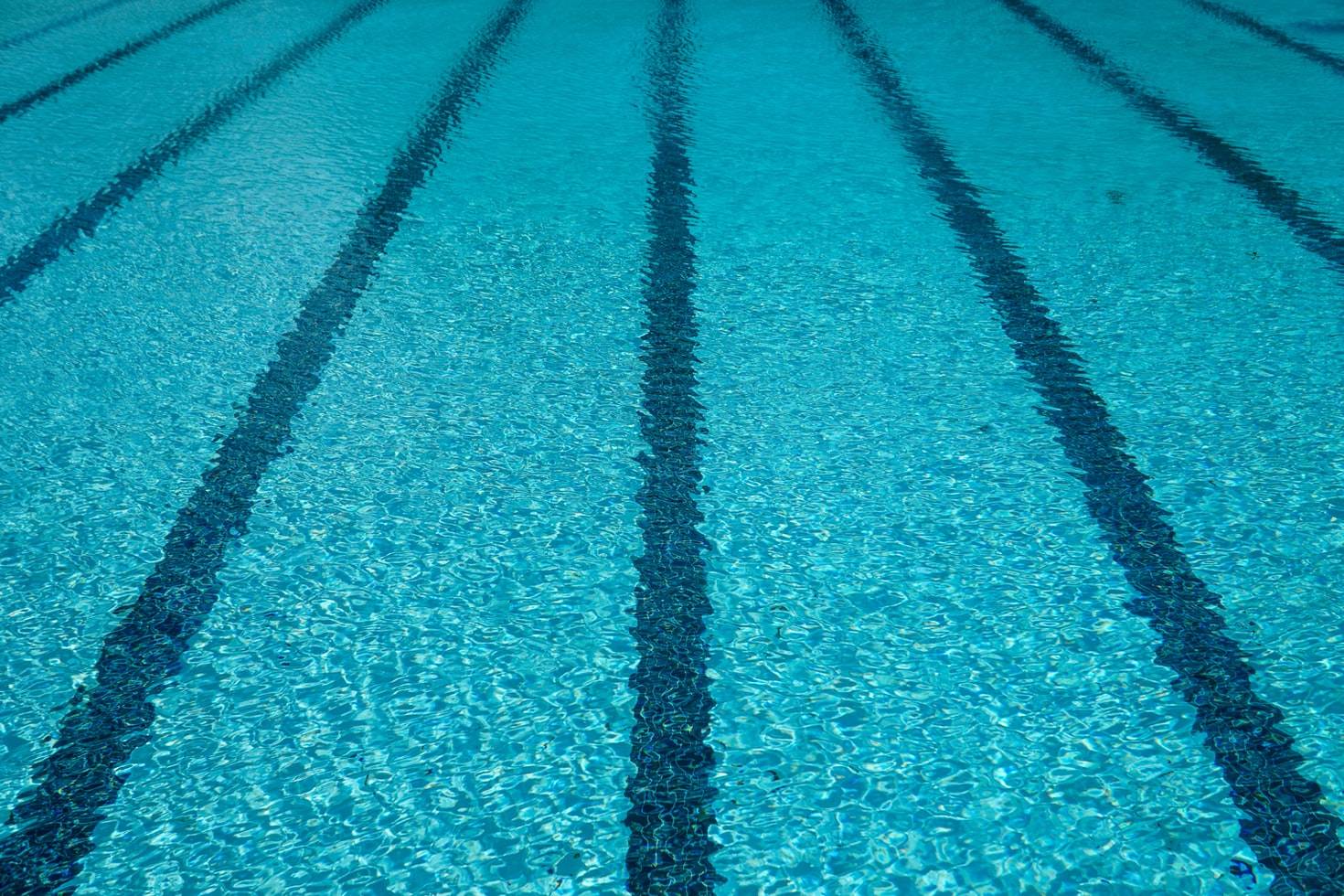Swimming pools, which need massive amounts of water, may be found in many leisure facilities, gyms, vacation parks, and hotels. Besides filling these swimming pools with clean water, they must also be warm and pleasant for guests or members to swim in, thus requiring commercial boilers or other heating systems.
As a result, commercial boiler systems are constructed and used to heat water to satisfy customer needs quickly. Warm water is required to use a swimming pool, and it can be heated with one of two popular methods: through solar covers or commercial boilers.
How Do You Heat a Swimming Pool?
A swimming pool can be heated either directly by using a solar cover or indirectly by electric heating.
Solar covers are used on swimming pools to help keep the water warm, preventing evaporation. They lose heat in the sun, which prevents the pool from heating up quicker, causing the water to stay cold for longer. Therefore, solar covers are not the most efficient way to heat a swimming pool.
How Efficient Is the Electric Way to Heat a Swimming Pool?
Heat pumps are used to heat swimming pools by providing heat from electrical power, using the heat from the air. This is done by heat pumps connected to the pool, with a gas boiler as a backup.
In addition, heat pumps are more efficient and better than the solar covers at heating the pool, but they have a few drawbacks. Due to the colder weather, they can struggle in winter and take a while to get the pool to a warm temperature.
How Do You Size a Boiler for a Swimming Pool?
The most common commercial boilers used for heating swimming pools are heat pumps, and they work in the same way as solar covers, but better. Heat pumps utilise the heat from the air to warm water and therefore are a more efficient way of heating the swimming pool. However, they will still struggle in the colder weather, and it takes a while to get the pool to a warm temperature.
The next most popular commercial boilers are hot water cylinders. Hot water cylinders are used to heat the water for the pool but are less efficient than heat pumps.
How Long Does It Take To Heat up a Swimming Pool?
Different factors affect the amount of time it takes to heat swimming pools:
- Pool Size: The more mass in a pool, the more energy it will take to heat up. The more water that must be heated up, the more energy must be added, so a larger pool will take longer to heat up than a smaller pool.
- Heating Method: A pool heated by a heat pump can heat up quicker than a pool heated by solar covers because of how the pool is heated. Heat pumps use an HVAC system to heat the pool. The more energy the pump uses, the quicker the pool will be heated; therefore, a pool using a heat pump will heat up quicker than a pool using solar covers.
Conclusion
The choice of whether to use a heat pump or a solar cover is up to you, but you will save in the long run if you use a heat pump. The solar cover will be cheaper, but it will not provide the amount of heat needed to heat the pool in the same amount of time.
However, if you want to heat the pool quickly, you should use a solar cover because it heats the water quickly. Although it costs more money, it will save you money in the long run because of how quickly it heats the pool.
London Climate Hire is a company that installs temporary boiler hire and heater rentals throughout London and the neighbouring counties. Our selection of commercial boilers and heaters are the most efficient equipment in the UK. Call us right now at 0800 270 7006 for a free estimate!

